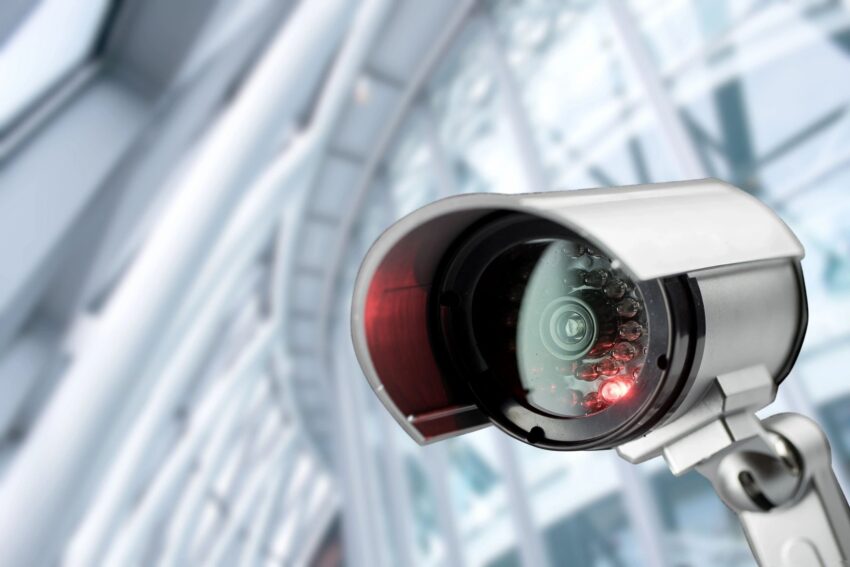As an employer, you are responsible for ensuring the safety of your employees and visitors in the workplace. Various measures can be taken to ensure a secure work environment, from installing locks on doors to implementing electronic security systems. This guide offers a few tips for creating effective security measures that will help you keep your business safe.

Establish Access Protocols:
Determine who needs access to what areas within the building and create protocols for granting access accordingly. For example, ensure all doors are equipped with locks or keypads so only authorized personnel can enter sensitive areas. Consider using biometric technology such as fingerprint scanners or facial recognition software to restrict access further, and you can also learn everything about how to choose the right intercom system for your business, as well as the differences between common commercial systems.
Install Security Cameras:
The use of surveillance cameras can be beneficial as it provides a visual record of activity that can be used to review any security breaches. Ensure the cameras are positioned to accurately capture all activities in areas you wish to monitor and link them to an easy-to-access recording system. Additionally, consider a video analytics system that can be programmed to detect suspicious activity and alert appropriate personnel.
Implement Employee Security Training:
Provide employees with security training that covers the basics of workplace safety. Topics such as how to handle suspicious activity, how to report any incidents, and procedures for secure access to sensitive areas should all be included in the program. In addition, regularly scheduled drills can help keep employees aware of their responsibility to maintain a safe environment.
Establish an Emergency Response Plan:
Create a plan that outlines specific steps to be taken if there is an emergency or breach of security at your business. Make sure everyone is familiar with the plan and designate a particular person who will lead response efforts in the event of an incident. Additionally, consider partnering with local law enforcement, so they are prepared to take immediate action if necessary.
Regularly Monitor Security Protocols:
Frequently review the security protocols you have put in place to ensure they are still effective. Then, make any necessary adjustments and keep employees informed of changes. Additionally, maintain an open dialogue with your team so that everyone is aware of any potential threats or suspicious activity that may be occurring. Ultimately, these measures will help keep your business secure and workers safe.
Monitor Who Has Access to Data:
Establishing robust data access control systems can help protect your company’s sensitive information from malicious actors. For example, limit user access based on need-to-know principles and ensure all personnel have unique passwords with robust encryption protocols to restrict access further. Also, consider using encryption software to protect confidential files from unauthorized users.
By implementing these security measures, you can ensure that your company is well-protected and that your employees are safe. It is also essential to keep up with new technologies as they arise and make any necessary changes to bolster your security protocols when needed. Taking the time to create and maintain an effective security system will go a long way in keeping your business safe.


